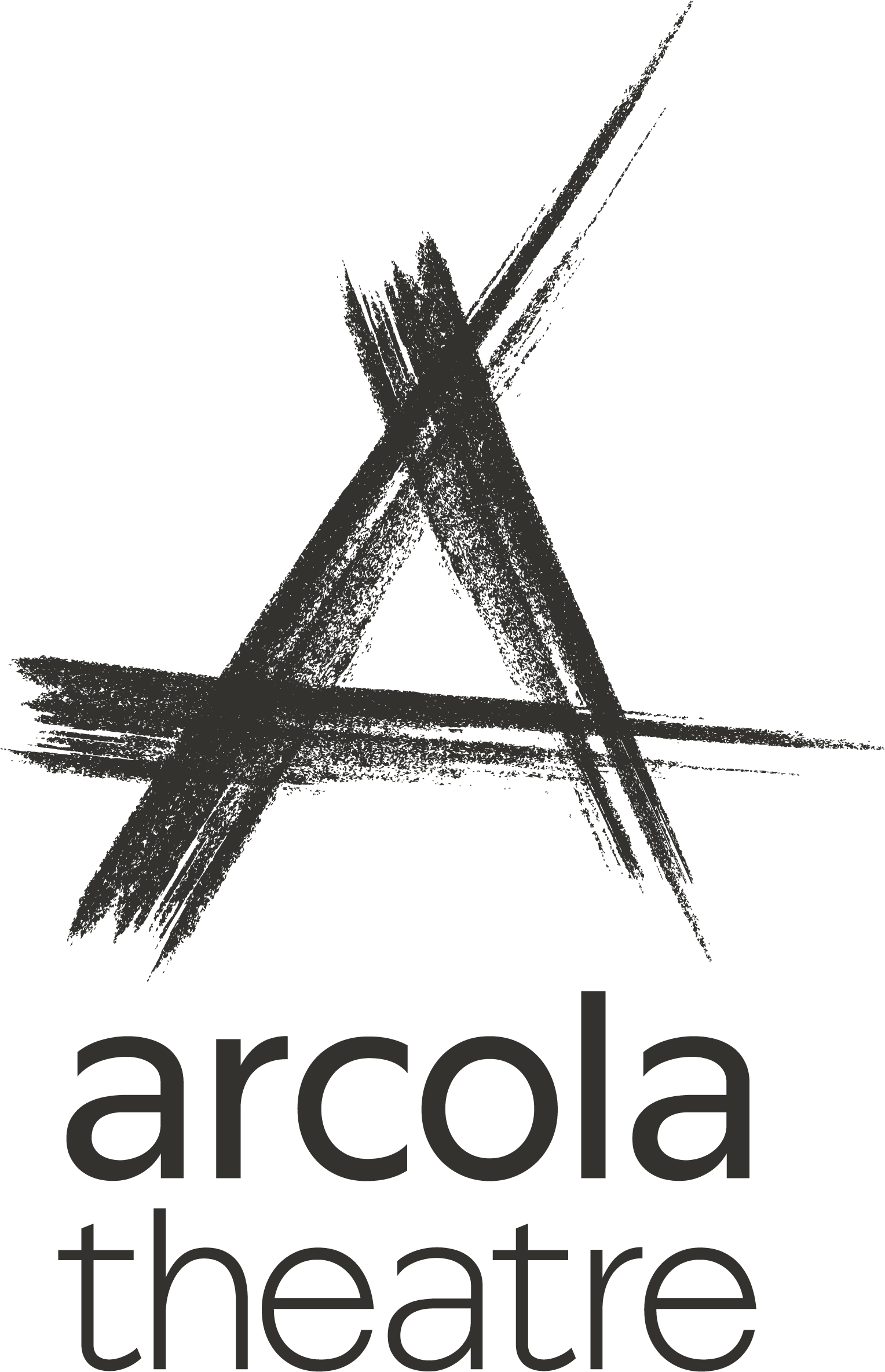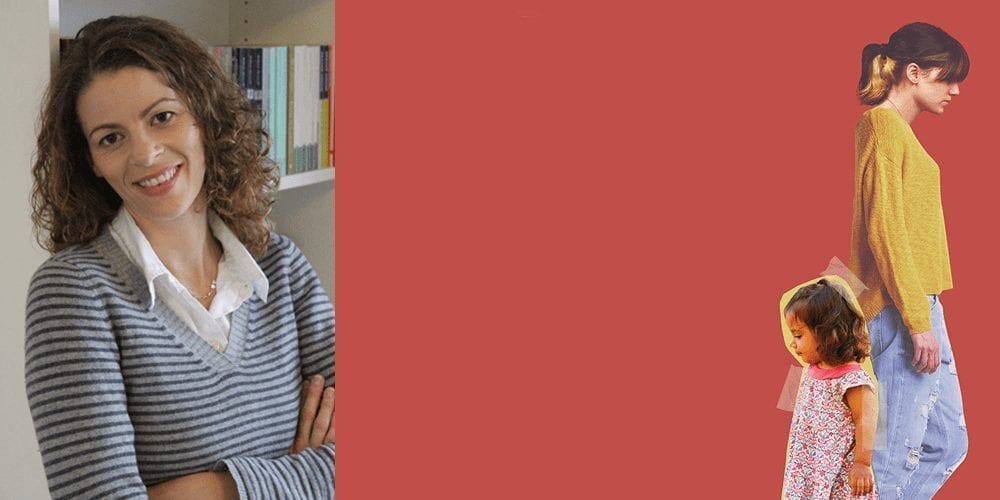In 2015, Sam Potter was awarded a place on the Channel 4 Playwright’s Scheme with Papatango. She spent a year as their Resident Playwright and Hanna is the result of that collaboration. Ahead of its London Premiere, she reveals how the idea for the play was conceived.
There are two stories about how plays come about. There is the true story and there is a story that makes sense. I’ll tell you the one which makes sense first.
In 2014, I read an article in a newspaper about a woman in France who discovered, when her daughter was 9 years old, that she wasn’t actually her birth child. An alcoholic nurse had accidentally swapped her daughter with another baby girl in the hospital and the only reason the mother found out was because her husband instinctively realised the child wasn’t his. I couldn’t stop thinking about the story. The ‘what if’ of the situation really stuck in my brain. What would I do if something like that happened to me? How could anyone possibly know how to react if placed in such an impossible situation?
I started doing some research around the topic, gathering any information I could find. I saw a statistic which said that worldwide an estimated 19,000 babies a year are accidentally swapped at birth. I watched an amazing documentary about twin girls adopted from an orphanage in China by different families. One of the girls was adopted by a Norwegian family, the other by an American couple. What interested me most about the story was how differently the two children were developing depending on who was raising them and how. The Norwegian child lived in an isolated rural setting and had huge amounts of freedom; the American child spent all her time being driven from club to club and was almost always supervised. Two genetically identical children were becoming very different people because of the environments they were being raised in. I watched a wonderful Japanese film, Like Father Like Son, which won the Jury Prize at Cannes in 2013. Its focus is on a father’s reaction to discovering his son isn’t his biological child. I loved the film but I knew that for me, the story I wanted to tell was the mother’s story.
In the autumn of 2015, I surprised the hell out of myself by writing the first draft of Hanna in 3 days. My immediate reaction was that I had somehow cheated, that it couldn’t be possible to write anything any good so quickly and that it must therefore be terrible. Luckily George from Papatango was brilliant, he calmly reassured me that the play had value and that I should keep going with it. I did and we workshopped the play with an actress the following spring, working particularly on developing the second half. Then I did another draft.
I think I now understand that the writing of Hanna came easily because it is the most autobiographical thing I’ve written, even though it’s not about me at all. Which brings me to the explanation which doesn’t make sense.
In the programme notes for Jerusalem, Jez Butterworth gives a list of the numerous tiny things he had seen or heard which became the play’s ingredients. The list is long and the small moments recorded in it, seemingly unconnected but for me it’s the clearest description I’ve ever read of how plays actually come about. So here is my list about where Hanna really comes from:
When I was 6 my dad, a teacher, brought the school chickens home for the Easter holidays. The baby chicks were all kept under a big red light to keep them warm. Twenty-five years later, when my first child was born, he had jaundice and had to be placed under a big red light to make him better. In 2009, I was chatting with a young mum who told me how negatively people had reacted to her when she got pregnant aged 18. A couple I know both have dark brown hair and they have had two red haired children. Immediately after I gave birth in 2007, I freaked my midwife out because I didn’t want to hold my baby straight away, I just wanted to have a bath because I was so tired.
A few years later, my husband’s Grandmother told me a story about a woman who had adopted two children and then had two babies naturally. The woman had confessed to her that although she felt bad, she didn’t love the adopted children as much as her birth children. One night, soon after I’d moved to London, I was living with a friend who was flat-sitting. I had to move out of the flat at very short notice because the owner was coming home and he wanted his house to himself. The friend I was staying with took me to another friend of his, who I didn’t know, but who very kindly put me up for the night. I panicked and left the house in the middle of the night and ran home to Norwich.
Hanna plays at Arcola from 3 – 20 January 2018. Tickets are available now.


